SEO for Beginners – Search Intent
In this video, we are going to start with the 10 most important ranking factors, starting with Search Intent.
SEO Factor #1: Search Intent
One of the most important ranking factors for Google is search intent. Behind every single search, there is Intent. When you type a search query into Google, you’re looking for something specific. That is intent. You’re looking for a recipe, the height of the Hoover Dam, or the most recent football scores.
Search engines work to return results that best match what you’re searching for. Pages that best match your search intent will rank higher in results than those that don’t.
If you want to get more search traffic to your site, you must optimize your pages for search intent. You want your website pages to contain the actual information that people are searching for.
For example, say you have a health and fitness website, and on it, you have a step-by-step tutorial for starting on the Keto diet. If you want your page to show up in searches, the information on it should match what people are searching for.
So, how do you optimize your website for search intent?
The First Step is Keyword Research
Keyword research is finding relevant keywords and phrases that have a high monthly search volume and then including those words and phrases throughout your website pages. When you include relevant keywords in your website content, it helps Google understand the content better.
There are several tools that can help you find relevant, high-volume keywords and phrases:
● Ahrefs
● SEMRush
I’m going to show you Ubersuggest since it has quite a few free features available, but the other tools mentioned work just as well.
How to find the best keywords
There are several easy ways you can find the best keywords for your page.
First, you can enter keywords and phrases to see the monthly search volume.
When you search, you see the keyword, its monthly volume, the cost per click (for advertising), competition for paid advertising, and competition for organic SEO. High SEO competition means it will be more difficult to get on page one of the search results. Keywords with very high search volume are tough to rank for.
So your goal is to find keywords that have a relatively high search volume but relatively low competition.
You also get a list of related keywords that go with your primary keyword. You can include a few of these in your content, along with your main keyword.
How to Research Your competition’s keywords
Another way to find more keywords is to look at your competition to see what keywords they’re ranking for.
So go to Ubersuggest and type in your competitor’s website, and see what terms they rank for.
Seeing these terms can help you determine the keywords you want to go after. Again, look for relatively high-volume, low-competition keywords.
Optimizing Your Content
Once you’ve identified your relevant keywords and phrases, sprinkle them naturally throughout the page.
It’s important that you don’t try to just cram in as many keywords as possible. This is known as keyword stuffing, is frowned on by Google, and will hurt your page.
Try to include your main keyword:
● In the page title
● In the first 100 words
● In at least one subheading
● Naturally sprinkled in the page
Remember, Google is smart.
You don’t need to go crazytown on your keywords. Use them enough that it’s clear what your page is about without messing with your readability. It’s still important that your page is easy to read and understand.
In the next video in the series, we’ll dive into SEO Factor #2: Backlinks
SEO For Beginners – What Is SEO?
Search Factor 1 <– you are here 🤩
Search Factor 4 – User Experience
Search Factor 5 – Content Freshness & Depth
Search Factor 6 – Domain Authority
Search Factor 8 – Mobile Friendliness
Search Factor 9 – Structured Data
Search Intent FAQS
Q: What is search intent?
Search intent is the purpose behind a searcher’s query, which can be classified into four main categories: informational, navigational, commercial, and transactional.
Q: How do I identify search intent?
To identify search intent, you’ll need to consider what someone is looking for when they enter a particular query. For example, if someone searches for “pizza near me,” they are likely looking for a place to buy pizza (transactional intent). On the other hand, if someone searches for “pizza recipes,” they are likely looking for information on how to make pizza (informational intent).
Q: How does search intent impact my SEO?
Search intent is an important factor to consider when optimizing your website for SEO. This is because the content on your website needs to match the intent behind the searcher’s query in order to rank well in search results. For example, if you are a pizza restaurant and someone searches for “pizza near me,” you want your website to appear in the search results because you are relevant to the searcher’s intent. However, if someone searches for “pizza recipes,” your website is less likely to rank well because it does not match the searcher’s intent.
Q: How can I improve my website’s ranking for specific queries?
To improve your website’s ranking for specific queries, you’ll need to ensure that your website’s content matches the search intent behind those queries. For example, if you want to rank well for the query “pizza near me,” you’ll need to have content on your website that is relevant to that query (e.g., a list of pizza restaurants in the area).
Q: What are some common mistakes people make with regard to search intent?
One common mistake people make is assuming that all searchers have the same intent. This is not the case, as different people will have different reasons for searching for the same thing. As such, it’s important to consider the different types of search intent when optimizing your website for SEO.
Another common mistake is failing to take search intent into account when creating new content. This can result in content that is not relevant to the searcher’s intent, which will likely lead to a poor ranking in search results.
Finally, some people make the mistake of thinking that they need to stuff their website with keywords in order to rank well for specific queries. However, this is not the case, as doing so will likely result in a poor user experience and could get your website penalized by Google.
Q: What if I have more questions about Search Intent?
If you have more questions about search intent then leave a comment and I would be happy to help out!
About Digital Marketing Expert Torie Mathis
 Torie Mathis helps entrepreneurs, like you, use digital marketing to grow your business without wasting time, money, or your sanity. She is a best-selling author, Army veteran, speaker + trainer, and your digital marketing coach. You don't need crazy tech skills, buckets of cash, or dedicated staff to market your business. In fact, you don't even need a lot of time. What you need is to be SMART.
Torie Mathis helps entrepreneurs, like you, use digital marketing to grow your business without wasting time, money, or your sanity. She is a best-selling author, Army veteran, speaker + trainer, and your digital marketing coach. You don't need crazy tech skills, buckets of cash, or dedicated staff to market your business. In fact, you don't even need a lot of time. What you need is to be SMART.
Torie hosts SMART AF, a show for non-techy entrepreneurs looking to grow their business, with her husband Sean and is the creator of SMART AF Magazine. Learn from Torie at the Smart Arsenal and on her channel.
What do you think? Let's talk! Leave a comment.
YOU MAY ALSO LIKE

Is Your Marketing Taking You Away From The Things You Love?
What if you could get amazing results from your marketing without spending more time, more money, AND it was easy and predictable? Sean and I have suffered through it too, and we found the answer...
Hi! I'm Torie!
 I help entrepreneurs (like you) use digital marketing to get more clients + make more money. And I make it easy!
I help entrepreneurs (like you) use digital marketing to get more clients + make more money. And I make it easy!
You don’t need crazy tech skills, buckets of cash, or dedicated staff to market your business. You don’t even need a lot of time.
What you need is to be SMART.
Smart Marketing For
Get Smart AF
DELIVERED TO YOUR INBOX
from your Digital Marketing Coach Torie Mathis!
Let's get SMART!
Let's Connect!

*Posts may contain affiliate links. If you use these links to purchase, I may earn a commission at no additional cost to you.


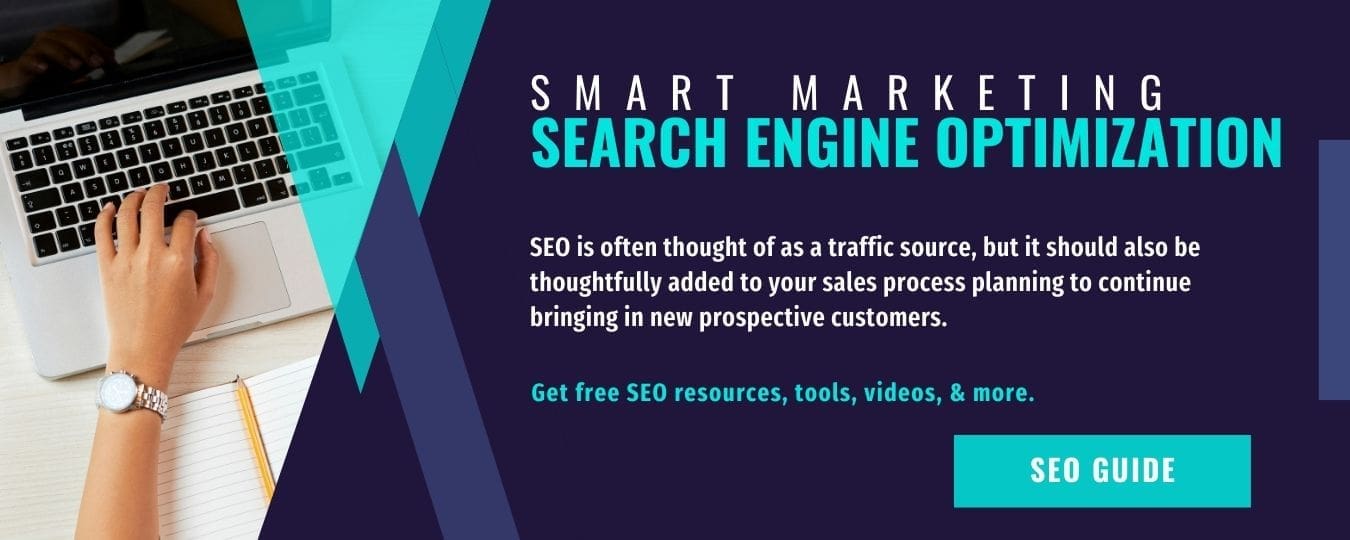



 I help entrepreneurs learn digital marketing.
I help entrepreneurs learn digital marketing.

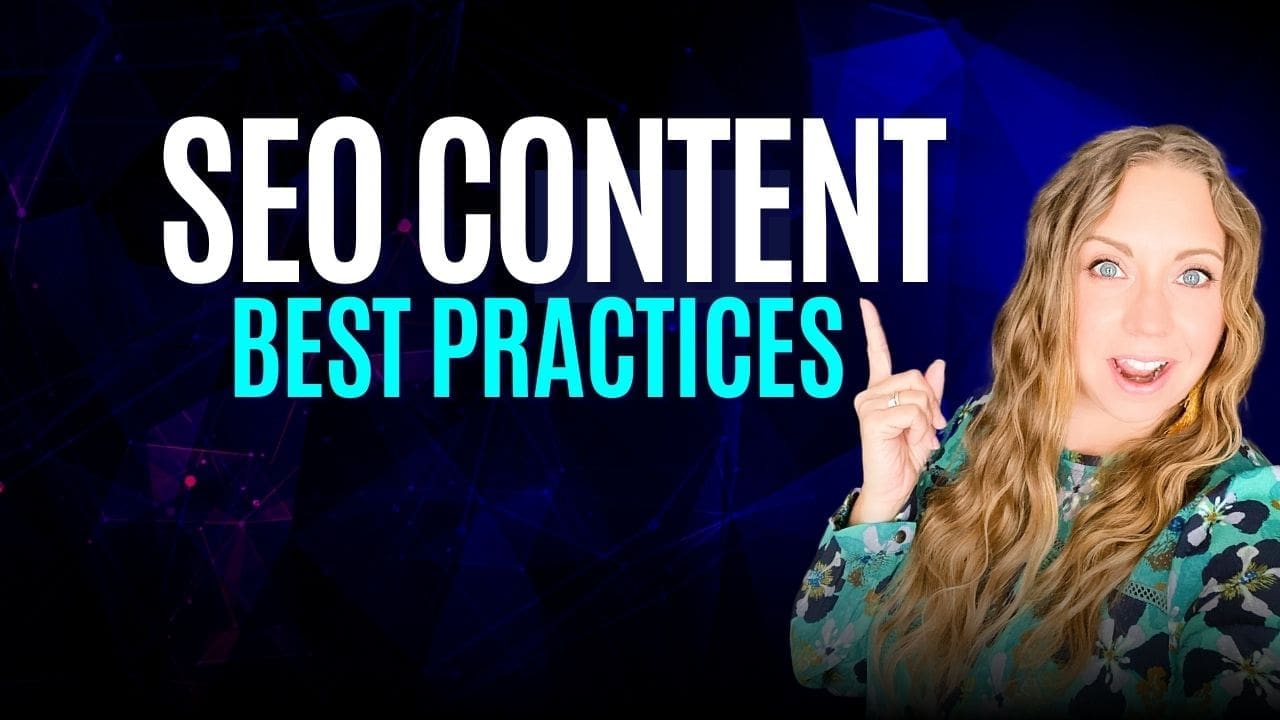
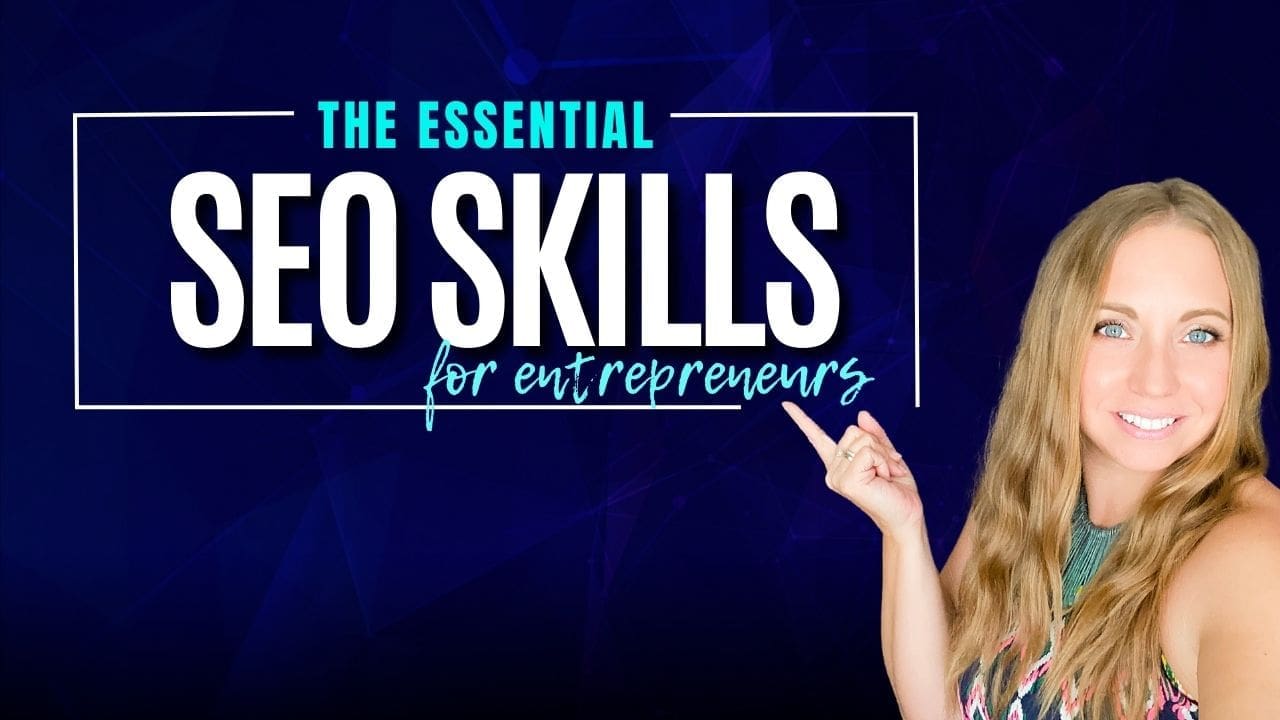


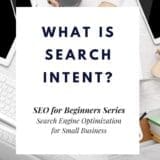
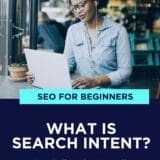
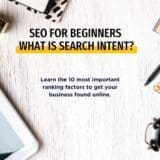
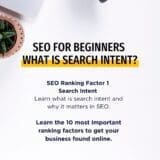
0 Comments